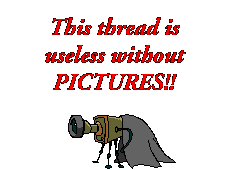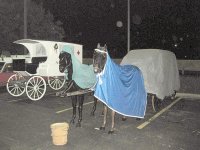Is it legal to download works from peer-to-peer networks and if not, what is the penalty for doing so?
Uploading or downloading works protected by copyright without the authority of the copyright owner is an infringement of the copyright owner's exclusive rights of reproduction and/or distribution. Anyone found to have infringed a copyrighted work may be liable for statutory damages up to $30,000 for each work infringed and, if willful infringement is proven by the copyright owner, that amount may be increased up to $150,000 for each work infringed. In addition, an infringer of a work may also be liable for the attorney's fees incurred by the copyright owner to enforce his or her rights.
Whether or not a particular work is being made available under the authority of the copyright owner is a question of fact. But since any original work of authorship fixed in a tangible medium (including a computer file) is protected by federal copyright law upon creation, in the absence of clear information to the contrary, most works may be assumed to be protected by federal copyright law.
Since the files distributed over peer-to-peer networks are primarily copyrighted works, there is a risk of liability for downloading material from these networks. To avoid these risks, there are currently many "authorized" services on the Internet that allow consumers to purchase copyrighted works online, whether music, ebooks, or motion pictures. By purchasing works through authorized services, consumers can avoid the risks of infringement liability and can limit their exposure to other potential risks, e.g., viruses, unexpected material, or spyware.
For more information on this issue, see the Register of Copyrights' testimony before the Senate Judiciary Committee.









